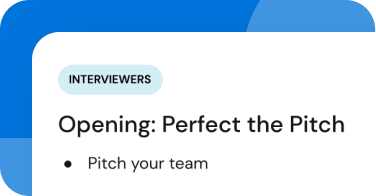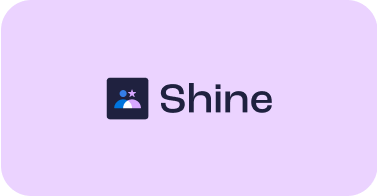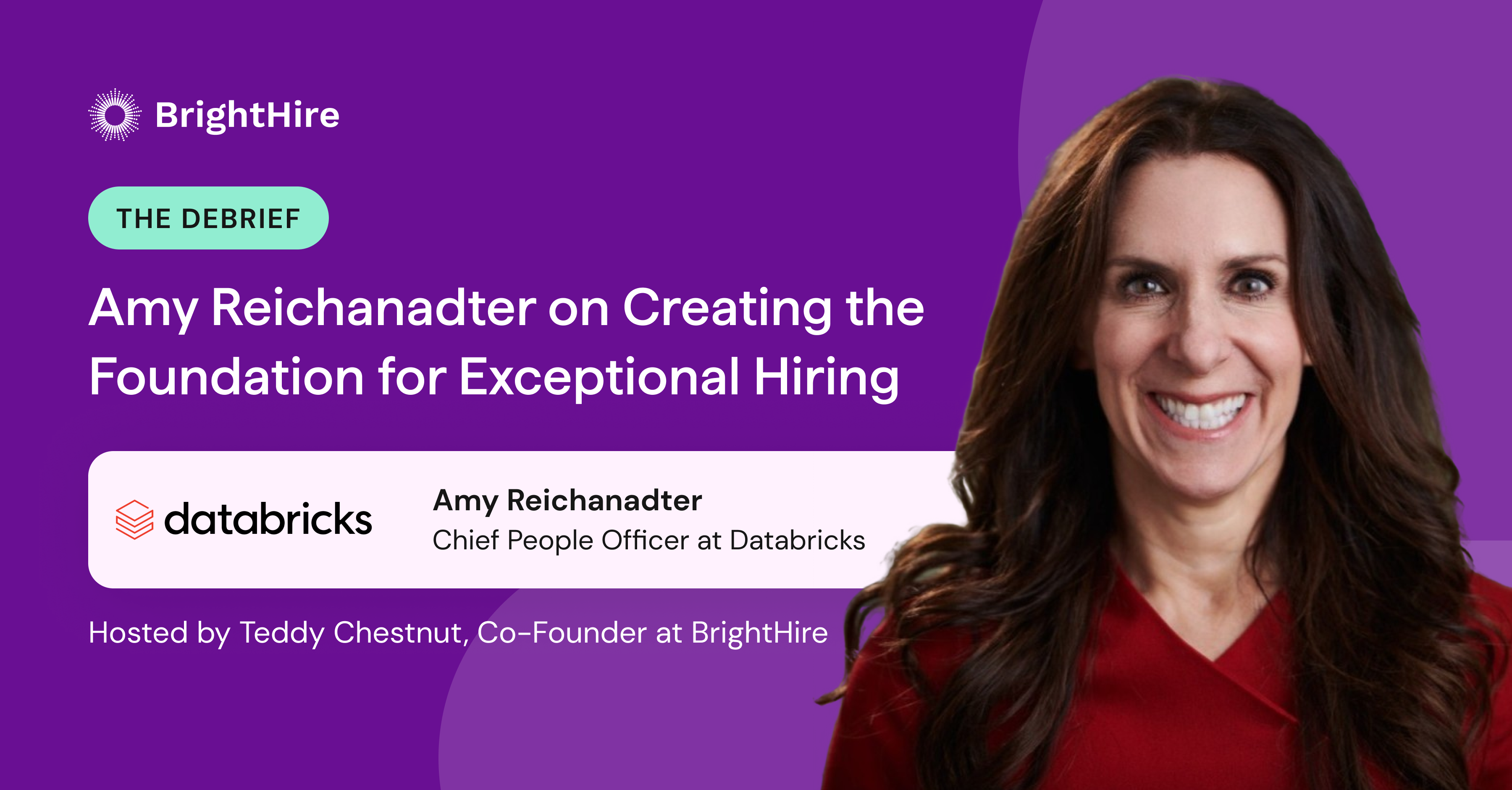“Recruiting is more art than science.”
“You can’t reduce people to a formula.”
“The worst thing a recruiter can do is sound like a robot.”
You hear phrases like these from recruiters all the time. And they’re true. Hiring is human and the best recruiters deal in relationships, not transactions.
And yet… if you speak with a veteran recruiter you’ll hear another side to the story. Recruiting is a science. Effective conversations do have a formula.
What separates the best recruiters from the rest is not a great personality. It’s consistency, rigor, and discipline.
A senior recruiting leader at LinkedIn summed it up like this:
He said the best recruiting manager he ever worked for used a single sheet of paper to guide what you should get out of a candidate conversation. It had all these boxes on it for different information, and you had to check off every box – every single one.
If you didn’t, the call was worthless.
It sounds intense, but the formula worked. It’s not rocket science, but you really do have to be rigorous about information gathering.
“You had to check off every box – every single one. If you didn’t, the call was worthless.”
Why do great recruiters follow a formula?
Because efficiency wins. Time is every recruiter’s most precious resource. Every minute spent with a candidate that isn’t moving the relationship toward a productive outcome is a minute wasted.
The best recruiters get what they need out of a single conversation and never need to schedule a follow-up because they missed a key detail.
Because recruiting conversations are unnatural. It’s not normal to spend 20 minutes with someone you don’t know and dive into their work history, professional aspirations, and personal details.
And it’s not natural for a potential candidate to open up on all these topics fully, directly, and succinctly.
Without a formula, it’s easy to let a candidate take over the conversation or to stray into more comfortable – and likely irrelevant – territory.
Because your reputation is on the line. Undisciplined recruiters risk submitting candidates who either aren’t qualified or aren’t ready to move.
Tossing resumes to hiring managers might work in the short term. But there’s no faster way to lose the trust of a hiring manager than wasting their time with candidates who haven’t been properly vetted.
So what is the formula for a great conversation?
At BrightHire we’ve analyzed dozens of call guides designed by some of the best recruiters to structure their candidate screens, and it’s clear there are some common themes:
Sell the role: Know the role, the company, and the team you’re representing – cold. What’s the culture like? Why is the opportunity exciting? Why now?
Dig for motivations: If a candidate takes your call they’re either running from something, running toward something, or both. What are they looking for? If they left their last job, why? If not, what would get them to move?
Probe not just for relevant experience, but strengths: A candidate’s resume is a two-dimensional representation of their background. Only a conversation can uncover what they’ve actually accomplished – and whether their real strengths align with the opportunity. Having a candidate articulate their strengths allows you to sell them to a hiring manager in their own words.
Align expectations on compensation: Aligning on expected salary is a must. But the best conversations don’t treat salary as a standalone – they weave it into the broader picture of the opportunity, the full benefits package, and the aspects of the role that appeal most directly to the candidate’s motivations.
(Really) confirm availability: Getting crystal clear on a availability can be the difference between a smooth process and a stalled one. The best recruiters dig into the details – how many weeks of notice would you need to give? Would you plan to take time off between roles?
Assess the competition: Where is the candidate in their job search? Are they likely to have competing offers? On what timeline?
Of course, this list isn’t exhaustive. Questions of relocation and work authorization are common, as are role- and company-specific questions related to experience, skills, and culture.
But the best recruiters make the most out of every call by sticking to a formula that works – for them, their candidates, and their hiring managers.
Want to learn more about how BrightHire can bring structure, rigor, and consistency to your recruiting conversations? Drop us a note.














